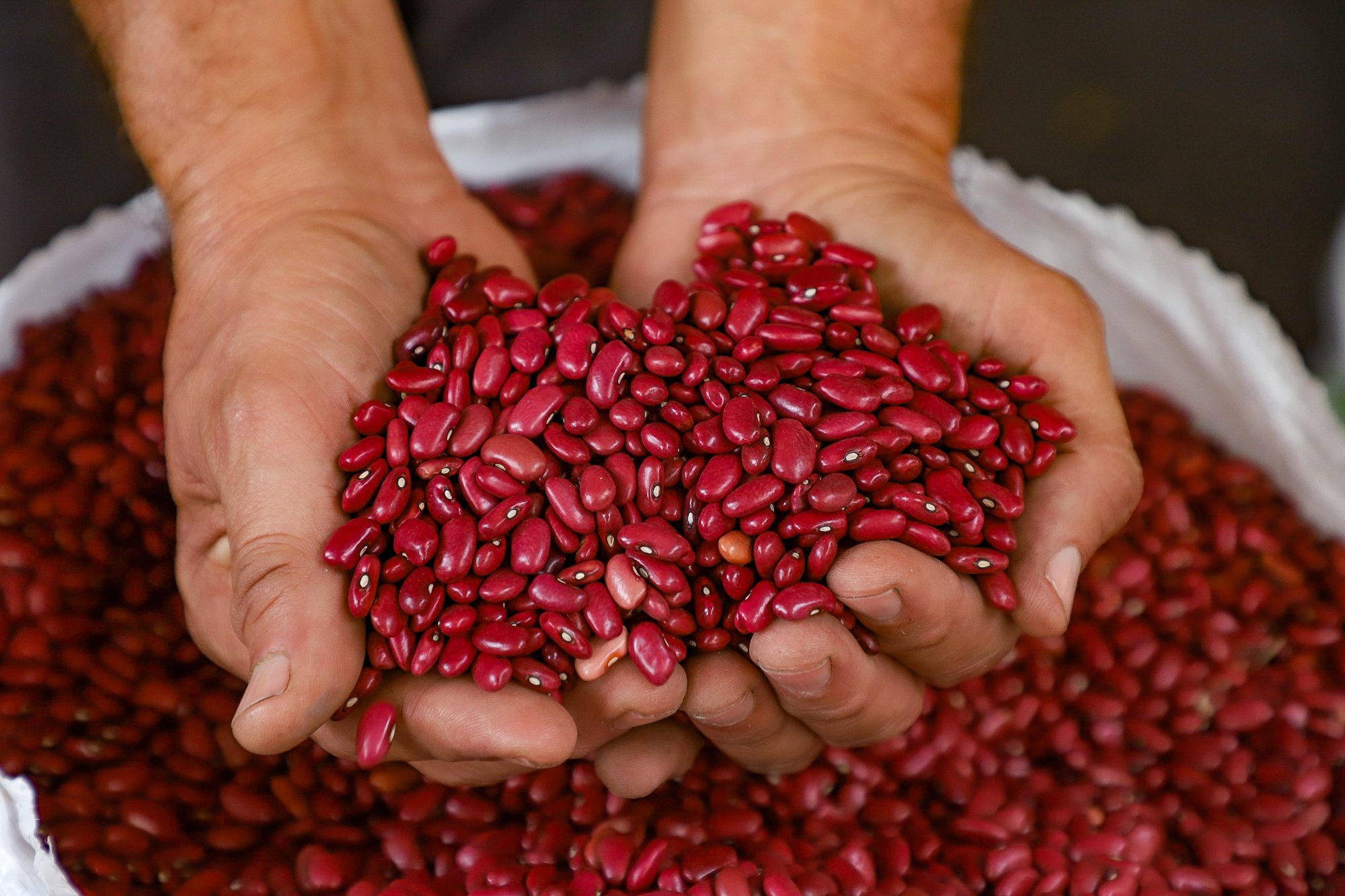The production of staple grains in El Salvador will be insufficient to cover national demand this year, Luis Treminio, president of the Salvadoran Chamber of Small and Medium Agricultural Producers (CAMPO), warned on Saturday.
Producers estimate output at only 19 million hundredweight, compared with projected consumption of 25 million.
Treminio explained on Saturday that in 2021, production reached 27 million hundredweight, exceeding domestic demand by two million. However, the current situation reflects a setback. “This year we are only planning to cultivate 19 million hundredweight,” he said before delivering a lecture on Food Security at the Universidad Nacional (National University).
The shortfall is evident across the main staples. In corn, for example, annual demand is 18.8 million hundredweight, but output will barely reach 14 million, leaving a gap of between 4 and 5 million hundredweight. For beans, the projection is 2.0 million hundredweight against consumption of 2.4 million, and there will also be deficits in sorghum and rice: around 500,000 hundredweight in the former and more than 10 million in the latter.
Supply depends heavily on imports, especially beans from Nicaragua, although that country prioritizes its strategic reserve and its commitments to other trade partners. “If Venezuela needs more beans, we would be left exposed,” Treminio warned.
Carlos Coto, of the Mesa de Soberanía Alimentaria (Food Sovereignty Roundtable), who also took part in the lecture, noted that although there are proposals such as creating a Reserva Nacional de Alimentos (National Food Reserve) and prioritizing agroecological production, they lack institutional backing.
“The smallholder farming sector constantly complains of neglect by government policy,” he said, warning that high costs, labor shortages, and the impacts of climate change are heightening “the risk of food insecurity.”
Producción de granos básicos será insuficiente para cubrir demanda nacional este año, advierte CAMPO
La producción de granos básicos en El Salvador será insuficiente para cubrir la demanda nacional este año, advirtió este sábado el presidente de la Cámara Salvadoreña de Pequeños y Medianos Productores Agropecuarios (CAMPO), Luis Treminio.
Según estimaciones de productores, se espera cultivar únicamente 19 millones de quintales, frente a un consumo proyectado de 25 millones.
Treminio detalló este sábado que en 2021 la producción alcanzó 27 millones de quintales, superando en dos millones la demanda interna. Sin embargo, la situación actual refleja un retroceso: “Este año solo estamos pensando cultivar 19 millones de quintales”, dijo antes de iniciar una cátedra sobre Seguridad Alimentaria en la Universidad Nacional.
El déficit se refleja en los principales granos de consumo. En maíz, por ejemplo, la demanda anual es de 18.8 millones de quintales, pero la producción apenas rondará los 14 millones, lo que significa un faltante de entre 4 y 5 millones. En frijol, se proyectan 2.0 millones de quintales frente a un consumo de 2.4 millones, mientras que en sorgo y arroz también habrá déficit: alrededor de 500,000 quintales en el primero y más de 10 millones en el segundo.
El abastecimiento depende en gran medida de las importaciones, especialmente de frijol desde Nicaragua, aunque este país prioriza su reserva estratégica y sus compromisos con otros socios comerciales. “Si Venezuela necesita más frijol, quedaríamos nosotros desprotegidos”, advirtió Treminio.
Carlos Coto, de la Mesa de Soberanía Alimentaria, y quien también participó de la cátedra, señaló que aunque existen propuestas como la creación de una Reserva Nacional de Alimentos y la apuesta por la producción agroecológica, estas carecen de respaldo institucional.
“El sector campesino se queja constantemente del abandono por parte de las políticas públicas”, afirmó, alertando que los altos costos, la falta de mano de obra y los impactos del cambio climático incrementan “el riesgo de inseguridad alimentaria”.

